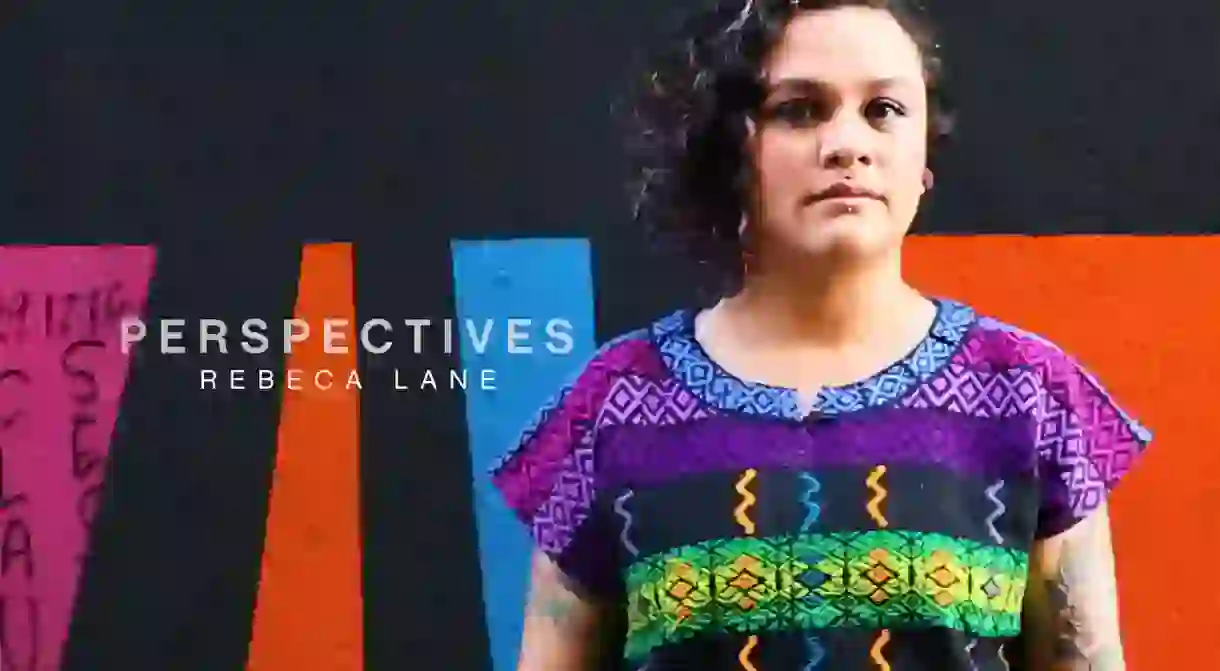Using Music to Fight for Women's Rights, Meet Guatemalan Rapper Rebeca Lane

Guatemala is known more for its Mayan ruins and volcanic landscape than for its music. Rap certainly isn’t the first thing that springs to mind when thinking of this small central American country, and as for feminist rap? Forget about it. But things are changing. Rebeca Lane is a trailblazing rapper whose music encapsulates what it’s like to be a woman in Guatemalan society. With a European tour already under her belt, Lane sits down with Culture Trip to explain what drives her.
“When I started singing, I first talked about the experience of being a woman in Central America,” she explained. “I needed to talk about my experience of being a woman in a chauvinist country.”
As beautiful a country as Guatemala is, it has a very ugly record for violence against women. Rates of violence are increasing against women across Central America, and Guatemala has the third highest rate of femicide in the world. In the past two years over 1,000 women were murdered here, yet shockingly only 2% of femicide crimes are solved. Lane sees her music as an opportunity to raise awareness of these issues and help empower young people across the country.
“For me music was also a way to talk about the social conflicts and to create a spirit for that fight,” she says. By tackling issues like political inequality, poverty and activism in her music, Lane is inspiring a momentum for change on a scale rarely seen here before.
“They wanted to silence my blood’s heritage; They wanted to forget the violence towards my mother.”
Lane doesn’t shy away from confronting all forms of discrimination or underrepresentation, and not just as they apply to women. She has activism in her blood (her parents were activists during Guatemala’s 36-year civil war) and has rapped about justice for the victims of war, for the right to love whoever you want, and the inherently unfair society structure in her country.
“Guatemala’s society is designed so that indigenous people have less opportunities to develop and as a consequence, this leads non-indigenous people to have a discriminatory attitude towards the indigenous legacy.”
Lane is far more than a feminist rapper; she’s also an activist, an anarchist, and using music as her tool, has given a voice to women and minorities throughout Guatemala.













